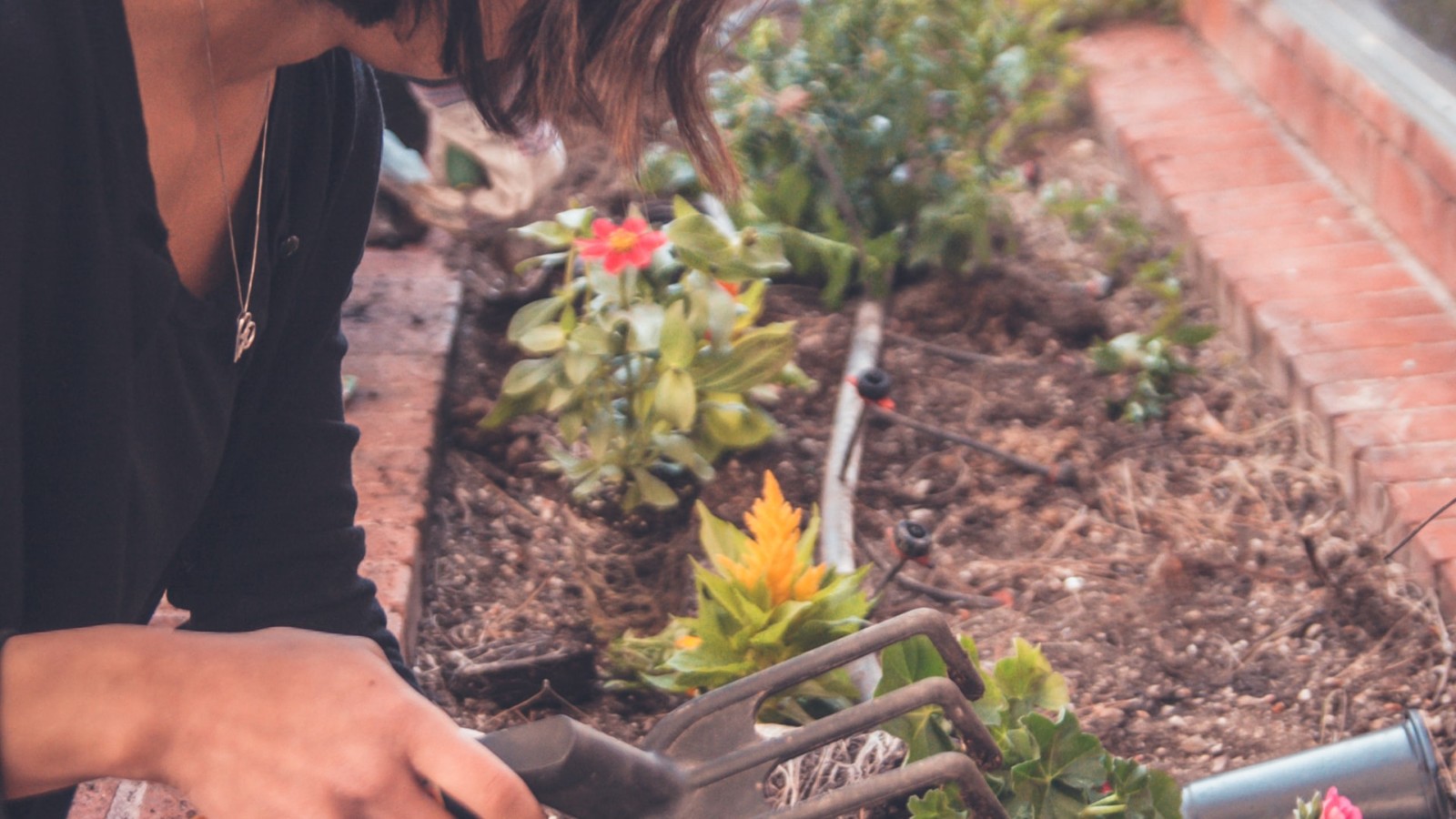Gardening is taking care of the space on the ground that is kept of growing flowers, plants and vegetables.
It includes engagement in the growth of plants. Gardening can be viewed as an art, planning about setting up plants amicably in their environmental factors, and as a science, incorporating the standards and strategies of plant development. Since plants are regularly filled in conditions notably not the same as those of their common habitat, it is important to apply to their cultivation methods got from plant physiology, science, and botany, altered by the experience of the grower. The essential principle includes, growing plants are something similar in all pieces of the world, yet the training normally needs a lot of variation to nearby conditions.
The Nature Of Gardening
Gardening in its fancy sense needs a specific degree of civilization before it can prosper. When that level has been achieved, in all pieces of the world and at all periods, people have put forth attempts to shape their current circumstances into an appealing display. The impulse and even energy for cultivating hence seem to emerge from some crude reaction to nature, inciting a wish to deliver development and agreement in an inventive association with it.
Gardening in Daily Life
Early in the COVID-19 pandemic in the United States, as lockdowns put millions unemployed and forecast food shortages, restless Americans got their rakes and spades.
Numerous individuals were cut off from parties. They were stressed overexposed retires and infected supermarkets. Furthermore, they required something to keep school children busy.
Accordingly, record multiple of individuals started developing Covid triumph gardens. Surprisingly seeds, seedlings, and organic product trees sold out on the web and in-stores quickly.
As a result, the motivation to gardening is really an extraordinary thought — regardless of whether you’re adapting to an emergency — in light of the fact that planting is probably the best diversion you can create. Continue to peruse to find out about the numerous advantages of cultivating, for you and your local area.
1. Exposure to Vitamin D
Outside exercises like gardening are the best way to get your daylight while seeking after a pleasant leisure activity. (In any case, remember the sunscreen to secure your skin and shades for your eyes.)
2. Reduce dementia risk
Planting is a modest, compelling, nonpharmacological intercession that can decrease dementia side effects and improve their quality of life for Alzheimer’s patients and their parental figures. Dementia gardens are custom-made to meet the security, helpful, physical and tangible requirements of individuals with Alzheimer’s dementia. They likewise seem to cause patients to feel better. Install a water fountain in your garden to make your garden lively and it can give peace to dementia patients.
3. Growing greater happiness
“Interacting with nature, especially with the presence of water, can increase self-esteem and mood, reduce anger, and improve general psychological well-being with positive effects on emotions or behavior,” Hall said.
4. Enjoyable aerobic exercise
Gardening is an extraordinary form of aerobic activity; furthermore, you may turn out to be so engaged in your work that you don’t understand you’re starting to perspire. Pulling weeds, going after different plants and instruments, and winding and twisting as you plant will work new muscles in your body and help with strength, endurance, and adaptability.
5. Helps combat loneliness
After retirement, numerous individuals battle with fewer socialization openings, and local gardens can be a great method to draw in with others while giving advantages to neighborhoods. It thought of getting elderly people out of houses to the gardens can increase the lifespan.


